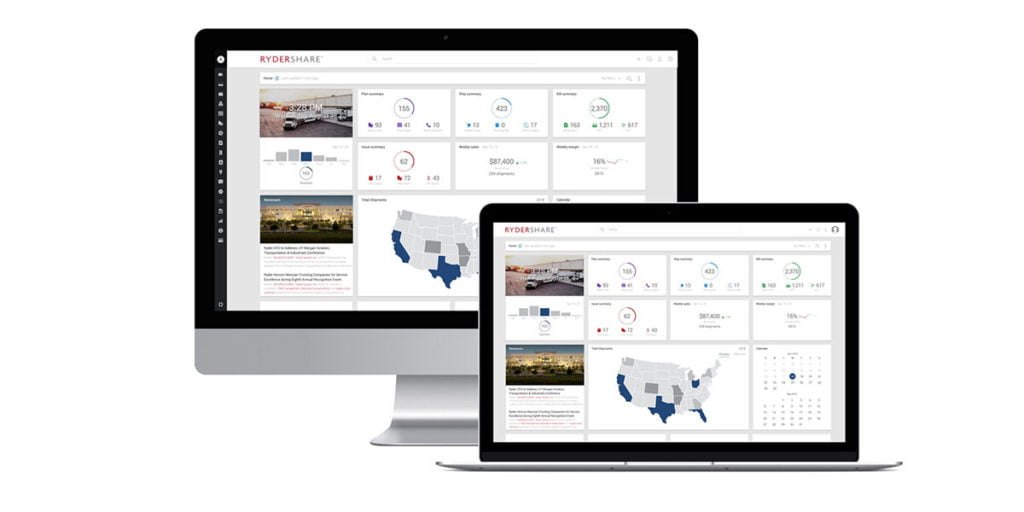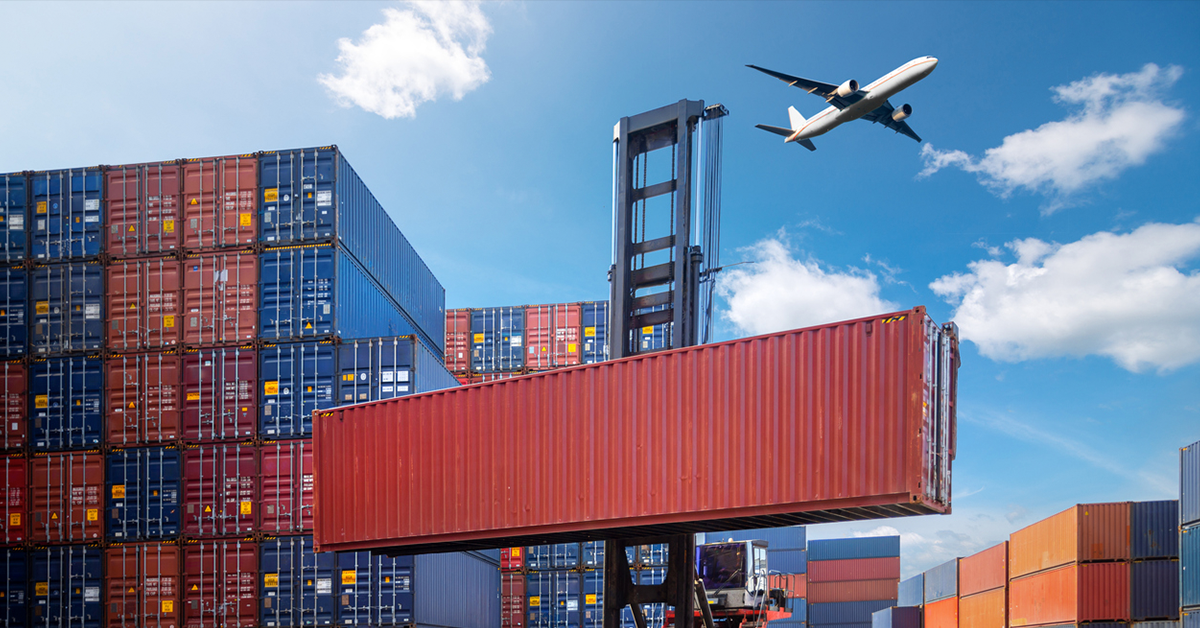Resiliency is often forged during tough times. That was the case for many logistics professionals during the height of the COVID-19 pandemic and the supply chain chaos that ensued. With most of the world shut down at one point or another, there was unprecedented port congestion and delays. Those challenges should have led transportation companies to implement new practices and form contingency plans. But many were slow to respond, especially regarding data analytics.
Many of the issues are behind us, but challenges still lie ahead, such as the fact that demurrage and detention fees remain 12 percent higher worldwide on average than pre-pandemic. Forward-thinking shippers leverage advanced supply chain analytics to stand out and gain competitive advantages. This article examines supply chain data analytics, its benefits and challenges, and how it fosters resiliency in companies.
What is Supply Chain Analytics?
Supply chain analytics is studying data to draw conclusions allowing for improved decisions and efficiency that benefit the entire supply chain. Companies evaluate analytics in three ways:- Descriptive – Studying historical data and past events enables the company to understand patterns and trends and uncover areas to improve. It finds out why specific issues arose and which areas don’t need fixing.
- Predictive – This involves taking educated guesses on what the future holds based on the data uncovered. The company determines the anticipated outcomes, which helps it correctly forecast demand, mitigate risks, and optimize the supply chain.
- Prescriptive – This type of advanced analysis, which only 30 percent of companies use, recommends a specific course of action on how to deal with the predictions properly.
How Supply Chain Analytics Help Shippers Build Resiliency
Incorporating supply chain data analytics helps shippers recover and respond when problems arise. Companies build resiliency by learning to adapt quickly and react to disturbances better than companies that can’t deal with setbacks. Advanced analytics provides insight into systems that identify risk and allow for more accurate decision-making — sharing information and real-time data through a cloud-based TMS supplies stakeholders with unparalleled clarity. It provides an analytics advantage that can be conveyed throughout the supply chain, driving innovation and building trust.Challenges of Implementing Supply Chain Analytics
Implementing a new way of studying supply chain data analytics may come with challenges, such as being costly, time-consuming, and complex. Some others include:- Lack of scalability – The company may not be able to properly analyze the latest data because it hasn’t scaled up in capacity. It may not have enough computing capability or adequate storage to process data.
- The overhead of in-house data specialists – The company’s current team may not be skilled enough or may be resistant to change. It may lack the talent to upgrade to a new system.
- Difficulty in turning raw data into actionable analytics – The raw data may only be readable by a reliable team of experts. Without a strong team, no one can ensure the numbers are accurate and complete or how to implement data-driven decisions in a way that helps the company move forward.
3 Steps to Gaining an Analytics Advantage
Turning that raw, clunky data into an analytics advantage is worth the challenges posed. Here are three reasons how companies can make the switch:- Access analytics through scalable TMS – You ensure analytics capabilities grow with your business by using a scalable transportation management system (TMS). With improved analysis and the ability to store and analyze large amounts of data, companies can eliminate siloed data, leading to better visibility, planning, and flexibility.
- Streamline analytics process – Businesses transform messy data into actionable insights by analyzing supply chain analytics through a cloud-based TMS. Collaboration leads to sharing data faster and ensuring everyone has access to information, which helps streamline processes and cuts down on delays and potential fees like demurrage and detention.
- Trust the experts – The price of handling supply chain data analytics in-house may stop some. But by integrating analytics-equipped TMS software, shippers can leave it to the experts, who know how to handle large amounts of data and implement techniques while understanding the latest technology. They’ll be able to study data patterns to find customer behavior tendencies.









